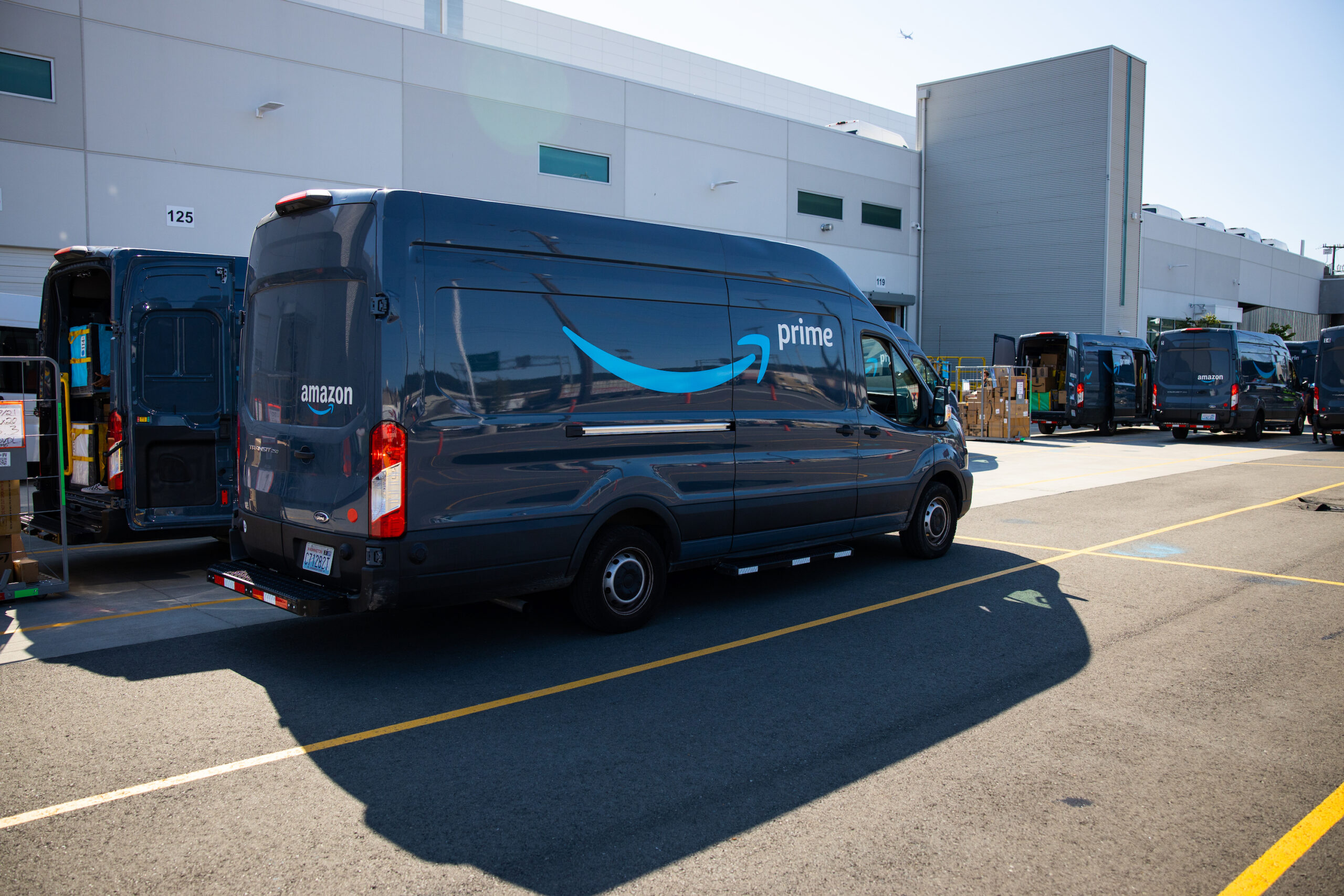Amazon stock jumped on its latest earnings report.
Amazon (AMZN 6.19%) has long been a lightning rod of criticism for a wide range of reasons. The company is brutally competitive — even anticompetitive, according to some detractors. Over its history, it’s been called an abusive competitor, and some investors have lambasted the company for years for its lack of profits.
These days, Amazon is generating mountains of cash, and it’s one of the most valuable companies in the world at a market cap of $2 trillion. However, there’s a new complaint among Amazon critics these days: The company is missing the boat in AI. The assertion is not without evidence.
It’s still early in the AI race
Unlike many of its big tech peers, Amazon hasn’t gained significant traction with a large language model (LLM). Alphabet has Gemini, which is active on its search pages. Meta Platforms has Llama, which powers Meta AI, the chatbot available across its properties, and Microsoft has Copilot, in addition to its close partnership with OpenAI, the leading AI start-up and the maker of ChatGPT.
Sensing perhaps that it was falling behind in AI, the company invested $4 billion in AI safety and research company Anthropic in March, following Alphabet in owning a piece of the OpenAI competitor.
The clearest opportunity Amazon has in AI is with Alexa, its voice-activated device that leads the category in market share, but the company has been unable to pull off an AI coup after multiple technical setbacks.
Amazon has gotten exposure to AI through Bedrock, its fully managed service that offers a range of LLMs for Amazon Web Service customers to use through just a single API, but that’s different from breaking through with its own model. Bedrock is a feature of its cloud infrastructure service, rather than Amazon’s own AI application.
It’s still early in the AI race, and Amazon’s slow start may not matter in the end. In fact, the company’s third-quarter earnings report showed why the stock can keep moving higher even if Amazon isn’t an artificial intelligence leader.
Image source: Amazon.
Amazon’s margins keep expanding
Amazon has one of the best business models of any company in the stock market right now. Its biggest growth drivers are all high-margin businesses that were layered on top of lower-margin businesses that originally built the company and ingratiated it to customers.
In the third quarter, Amazon’s revenue rose 11% year over year to $158.9 billion, ahead of estimates at $157.2 billion, but that 11% growth translated into 55% growth in operating income to $17.4 billion, an operating margin of 11%.
Profits rose sharply in all three of Amazon’s operating segments — North America, International, and AWS — and the usual suspects drove its margin expansion.
Third-party seller services, or the revenue it brings in from its marketplace business, rose to $37.9 billion. Subscription services, primarily Prime, were up 11% to $11.3 billion. Advertising revenue rose 19% to $14.3 billion, and AWS revenue also rose 19% to $27.5 billion.
Those businesses are all built on Amazon’s historical investments in e-commerce and cloud infrastructure, so they enable the company to expand its profitability. Amazon’s operating expenses rose just 7.3% in the quarter, giving the bottom line a significant boost, as earnings per share jumped from $0.94 to $1.43.
Does Amazon need AI?
Amazon is certainly not aiming to get left behind in the AI race, and the company said AWS’s AI business has now reached a multibillion-dollar revenue run rate. In fact, it’s growing three times faster than AWS when it was at a similar stage.
Amazon will continue developing AI for applications like Alexa or its shopping assistant, which is live in some countries.
After its latest earnings report, the company has bought itself some breathing room in the AI race. Though Amazon will get more competitive as it invests in AI, third-quarter numbers show that it doesn’t need a breakthrough in the new technology to be successful.
John Mackey, former CEO of Whole Foods Market, an Amazon subsidiary, is a member of The Motley Fool’s board of directors. Randi Zuckerberg, a former director of market development and spokeswoman for Facebook and sister to Meta Platforms CEO Mark Zuckerberg, is a member of The Motley Fool’s board of directors. Suzanne Frey, an executive at Alphabet, is a member of The Motley Fool’s board of directors. Jeremy Bowman has positions in Amazon and Meta Platforms. The Motley Fool has positions in and recommends Alphabet, Amazon, Meta Platforms, and Microsoft. The Motley Fool recommends the following options: long January 2026 $395 calls on Microsoft and short January 2026 $405 calls on Microsoft. The Motley Fool has a disclosure policy.

